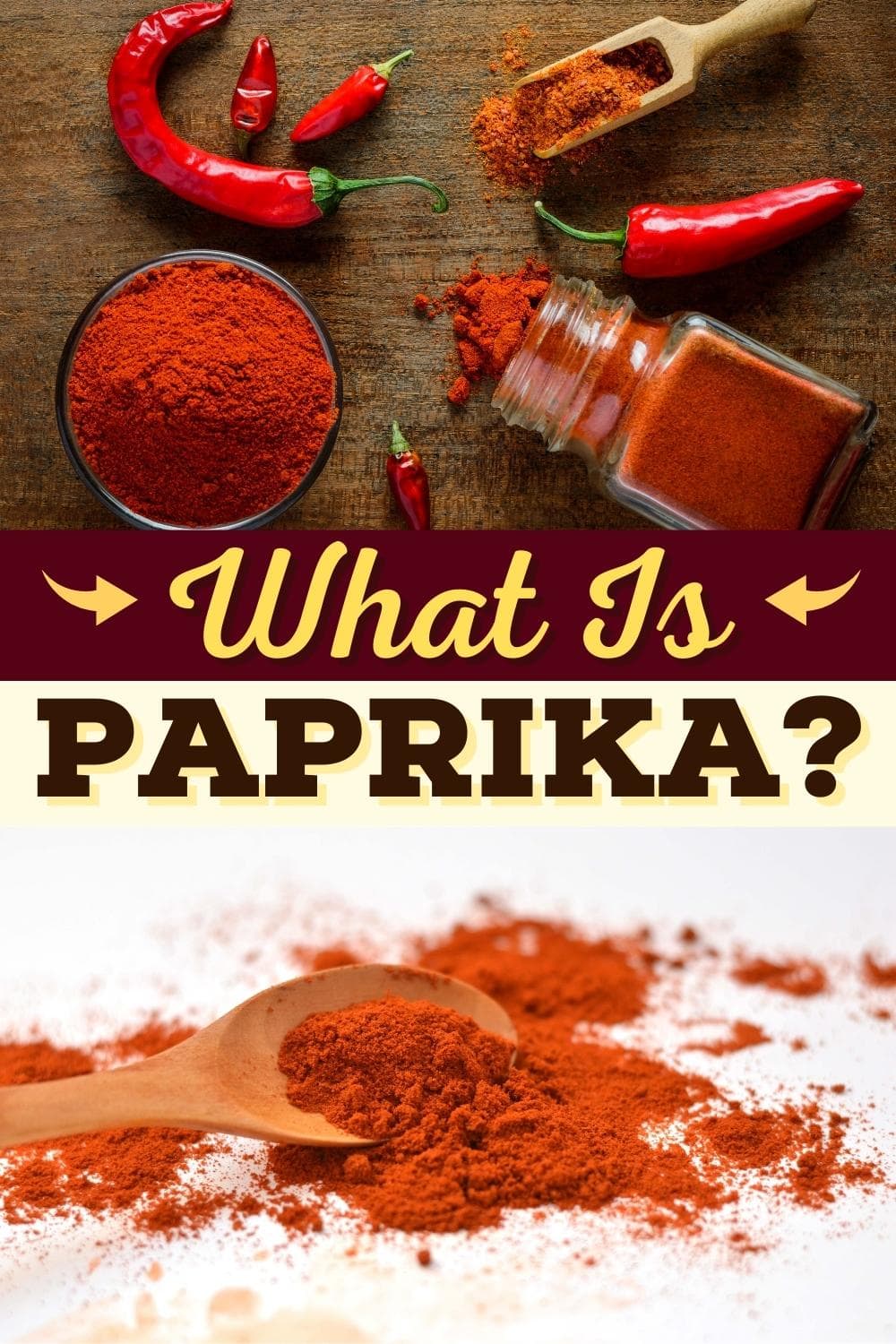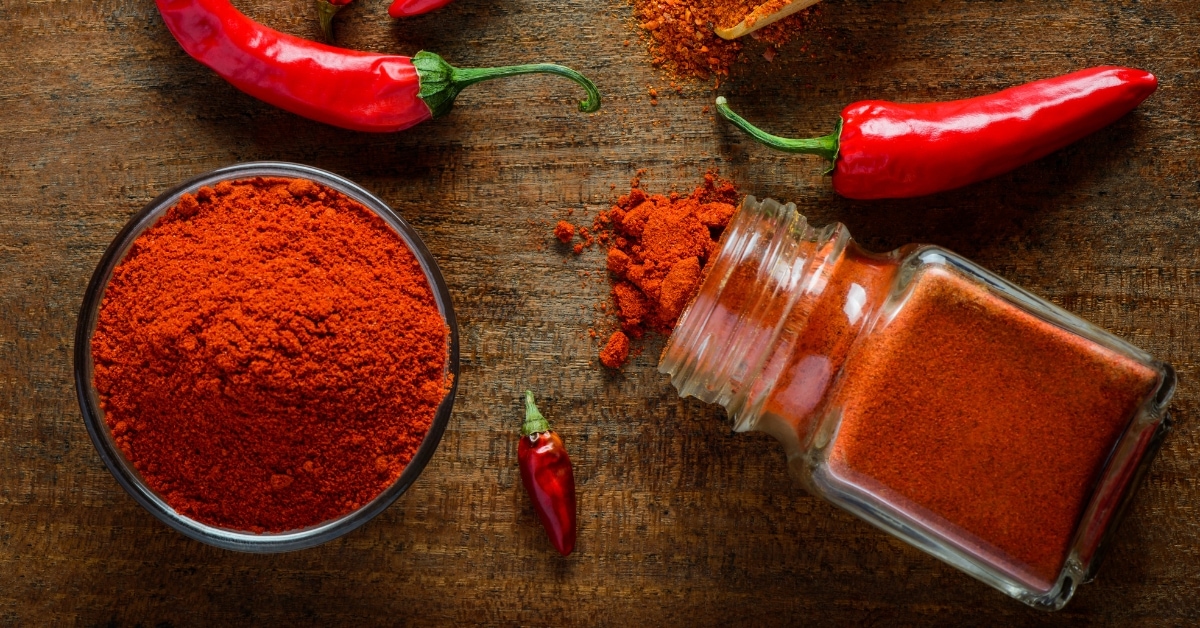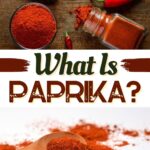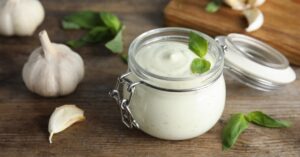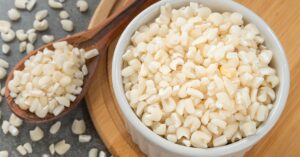Odds are you have paprika hiding in your kitchen right now. But what is paprika?
This popular seasoning is one of many in a vast world of spices.
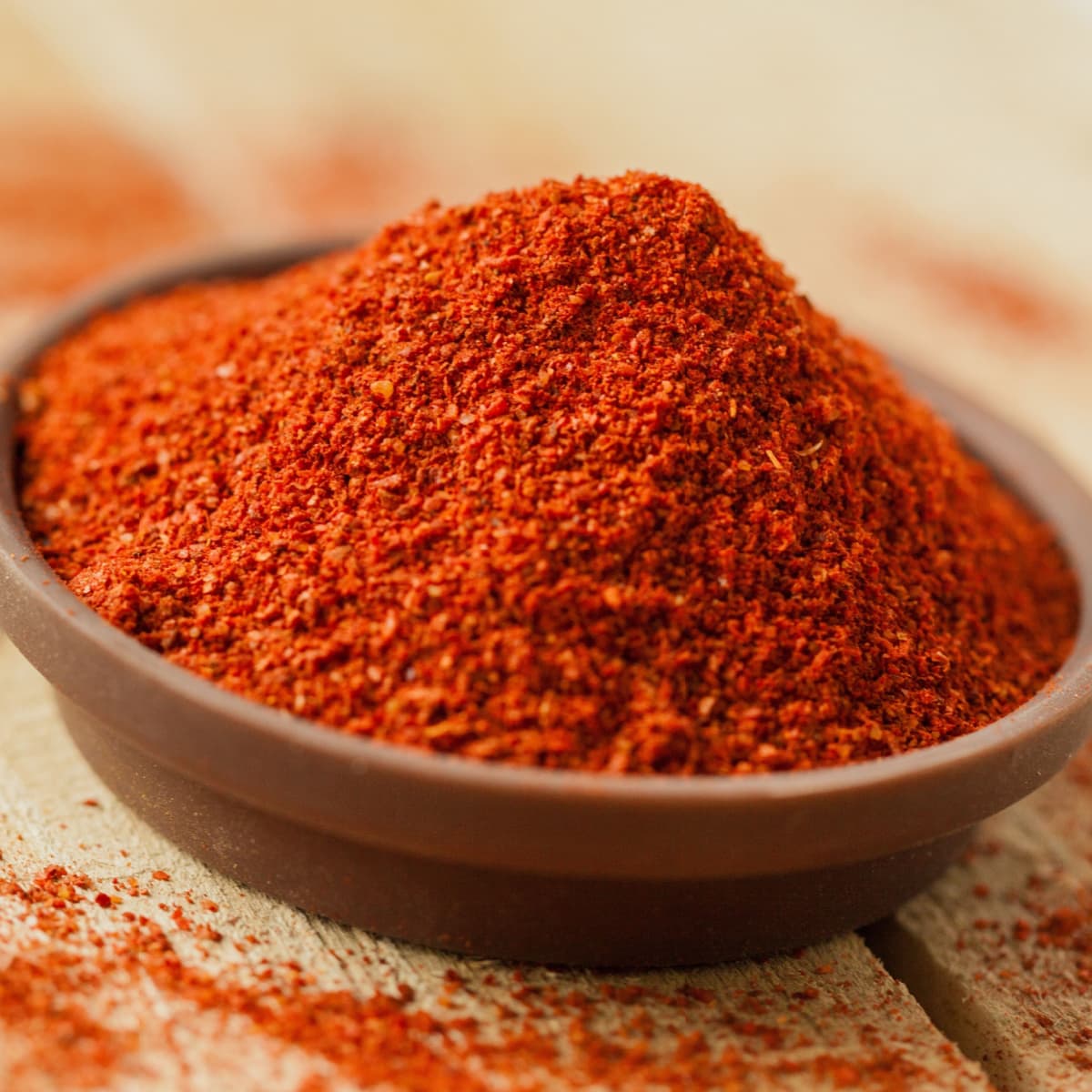
From Central Mexico to Hungary, paprika has captivated taste buds for centuries.
It’s the final touch to your deviled eggs. A key ingredient in blackened seasoning. And a great addition to barbecue sauce.
Despite all its uses, many folks don’t quite know what it is.
So today, let’s explore the wonders of paprika. You’ll learn everything you need to know, from its origins to its substitutes.
What Is Paprika?
Paprika is a type of ground spice. It’s a mix of various peppers from the diverse chili pepper species Capsicum annuum.
Poblano, bell pepper, and jalapenos are a few other varieties in the same group.
Paprika originates in Central Mexico. It was introduced to Spain in the 16th century. As trade expanded, it spread to different countries like Africa and Asia.
Today, you can find this popular spice in all kinds of ethnic cuisine. The most common of which is Hungarian.
The name is derived from the Hungarian word “paprika,” meaning “pepper”. This country is also one of the biggest commercial producers.
Fun Fact: The national dish of Hungary is called “paprikash.”
Despite the vibrant fiery red color, it ranges in spiciness. The level of heat depends on the variety.
Hot, sweet, or smoky- all types are used as a seasoning. Try it for yourself and see how delightful paprika can be!
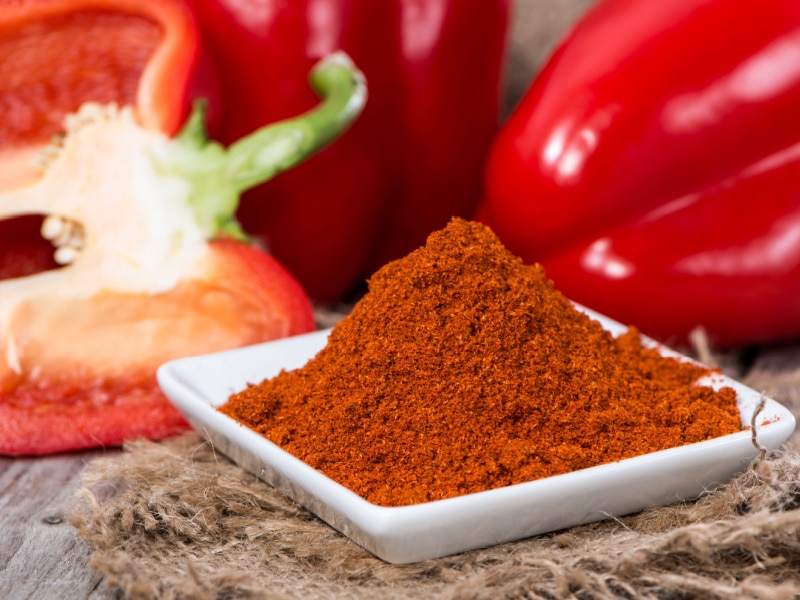
Varieties of Paprika
Not all paprika tastes the same. It varies depending on where it is produced.
Use one instead of the other, and you’ll be in for a big surprise! So it’s important to know the three different types.
- Regular (or Sweet) Paprika-This is the standard type most of us grab off the grocery store shelf. The flavor is mild with a hint of sweetness.
- It’s great as a garnish and most notably used for deviled eggs.
- Hungarian Paprika- There are eight kinds of Hungarian paprika. The flavors range from delicate to spicy. Most often, the type you’ll find at the store is sweet.
- As a staple ingredient, paprika is a must in Hungarian cuisine.
- Spanish Paprika- Like the Hungarian version, Spanish paprika has different varieties. Known as “pimentón”, the types are dulce, agridulce, picante, and de la Vera.
- Respectively, those are sweet, medium, spicy, and smoky.
Paprika vs. Chili Powder (What’s the Difference?)
It’s easy to mistake chili powder for paprika based on looks. Take a bite, and you’ll soon discover they are not the same.
Chili powder is spicier, while regular paprika is sweeter. The two spices are also made with different Capsicum annuum peppers.
Another major difference is chili powder is a seasoning blend. It contains other spices like cumin, garlic powder, and paprika itself.
Paprika is not a blend. It is just peppers- dried and ground peppers.
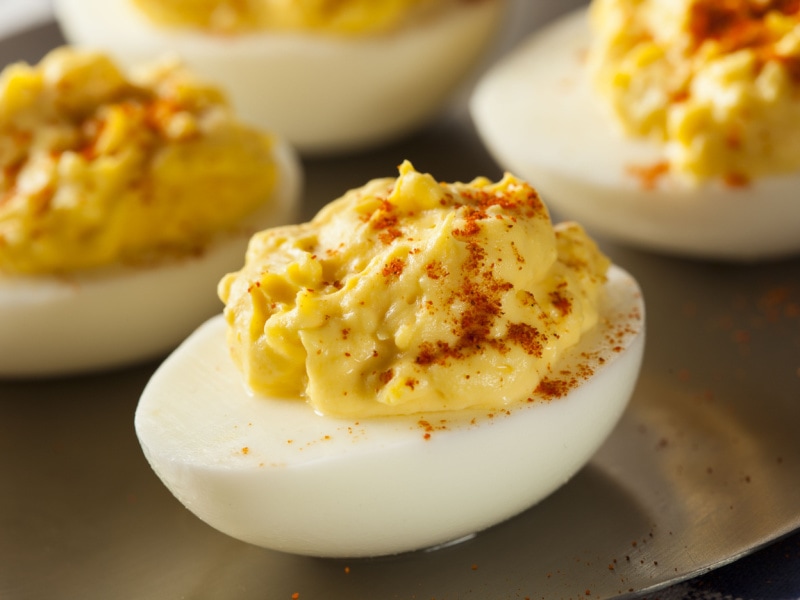
What Does Paprika Taste Like?
From sweet to spicy, the flavor of paprika varies. It’s a matter of where it came from and what variety it is.
- The regular kind most of us use is mild, slightly sweet, and far from spicy. It’s also a little earthy, peppery, and floral, and adds a pleasant warming element.
- The hot counterpart has capsaicin, giving it its signature spiciness. It imparts a punch of invigorating heat to dishes.
- Then there’s smoked paprika. The smoky essence adds a complementary depth of flavor.
Cooking With Paprika
Paprika is a fantastic seasoning and garnish alike. From soups to sauces, it has a wide range of applications.
- Sprinkle it on potatoes or add it to hummus. Of course, deviled eggs aren’t complete without paprika.
- Smoked and hot paprika are excellent additions to dry rubs and barbecue sauce. All varieties work great in meat marinades.
- Cooking it for a handful of seconds in oil helps unlock the flavor. But don’t overdo it! It can quickly turn bitter.
- Try it in different ethnic dishes. It is commonly used in Hungarian and Spanish recipes.
- Goulash and chicken paprikash are both Hungarian classics.
- Paprika is also a key ingredient in Spanish chorizo.
Whatever you’re making, be sure to use the right type.
Where to Buy
Paprika is a ubiquitous spice. So it is easy to find.
Swing by any grocery store, and you’ll find it in the spice aisle. They may even have Hungarian or Spanish paprika.
Specialty and international stores are likely to have more types. When in doubt, you can always buy it online.
How to Store
Spoiler alert, spices expire! They won’t grow moldy per se. But the flavor will diminish.
It’s important to store them right to prolong their shelf life. Therefore, store paprika like all your other spices.
- Store paprika in an airtight container.
- Store it in a cool, dry, and dark place.
Remember, light and heat are your enemy. They will cause the quality to degrade. So a cupboard, pantry, or spice drawer is best.
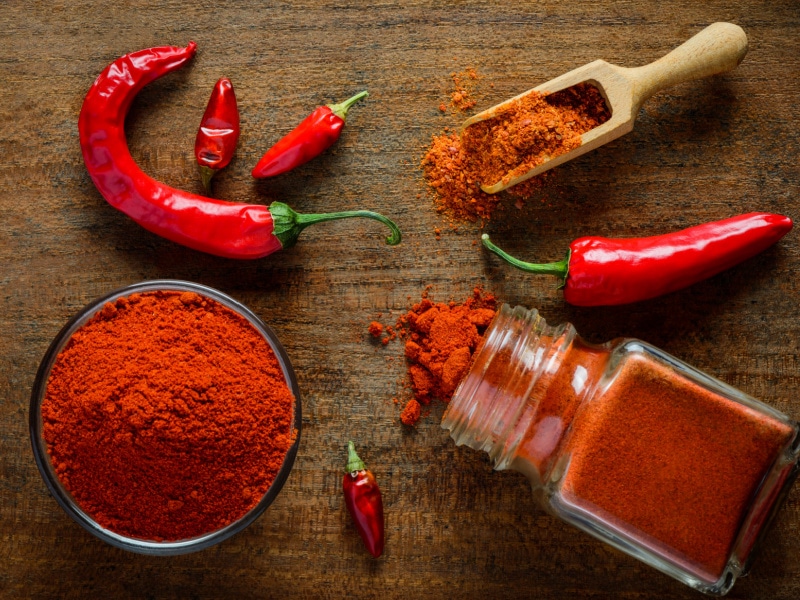
Paprika Substitutes
Are you out of paprika? No worries. There’s a whole bunch of different substitutes to use.
- For spicy paprika: Try cayenne, Aleppo pepper, or chili powder. In some situations, hot sauce and red pepper chili flakes work too.
- For smoked paprika: The best smoky alternative is chipotle powder. Cajun spice also works.
- For mild paprika: Go with turmeric, ancho chili powder, or black pepper. Of course, the best replacement is another variety of paprika.
Think about the dish and the overall flavor. Do that, and you will find the best substitute.
